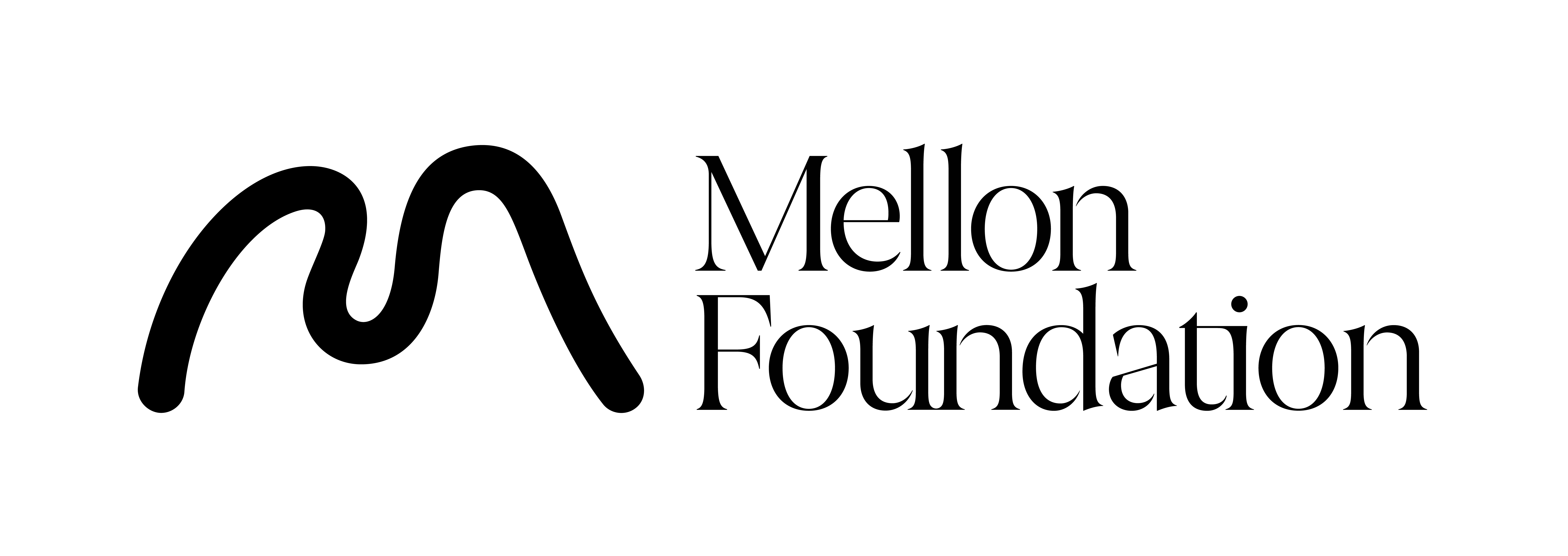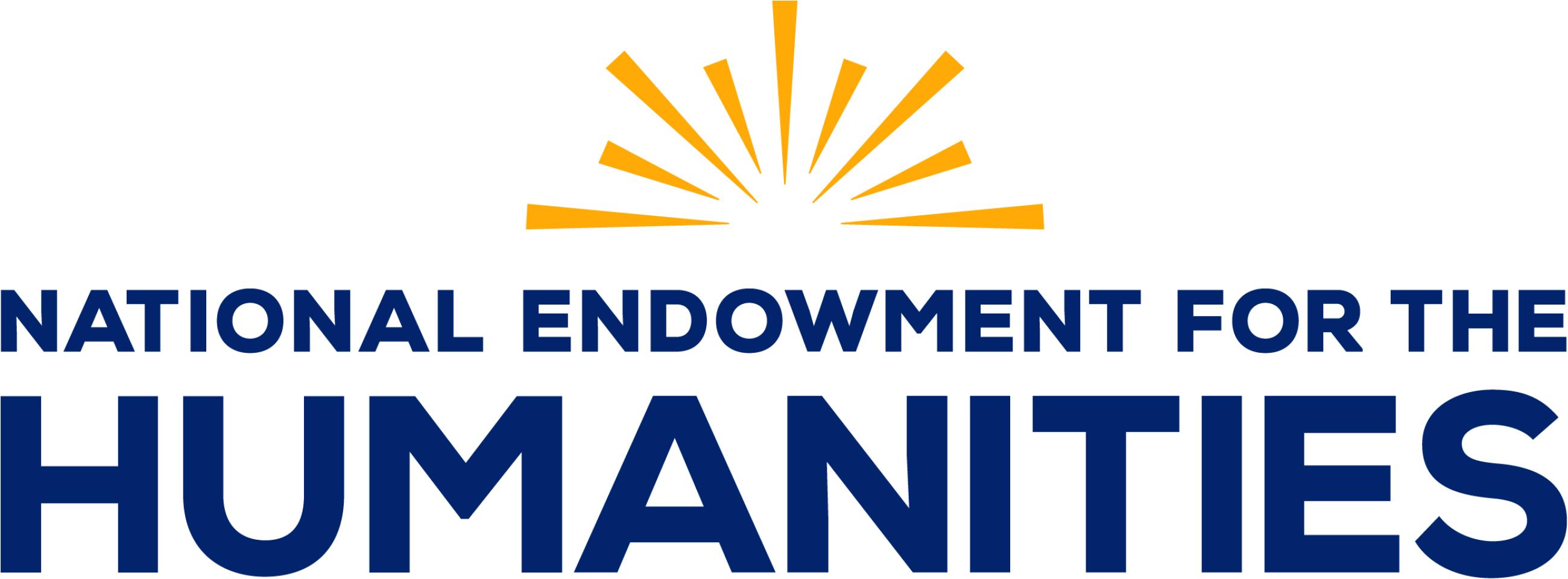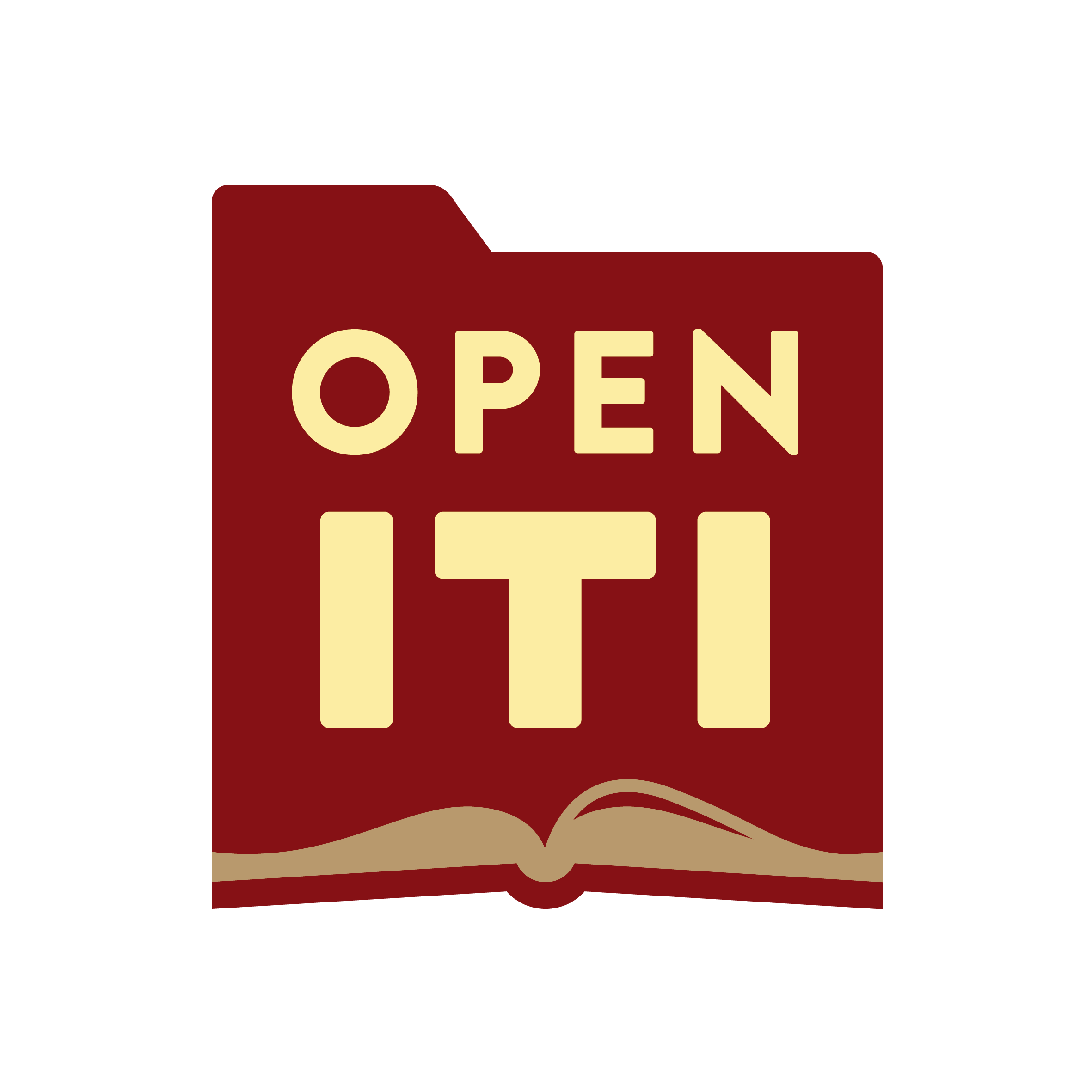We know that our colleagues across Islamicate humanities are working on a vast range of topics, incorporating innovative methods, tools, and theoretical approaches, and thinking about the implications of textual and other technologies on their subjects, research methods, and pedagogical practices. We all interact with texts in some form or another, especially when we define ‘text’ in an expansive manner, recognizing the textually-entangled nature of objects and practices and ideas that do not fall neatly into the usual categories. The omnipresence of digital environments, methods, and tools, including many that are quite novel, adds additional layers of interest and complexity to our uses and perceptions and generation of textuality.
Generative AI, including prompt-generated images like the above, is approaching ubiquity online. Should we as scholars embrace it? Avoid it? Deploy tools and theories to understand its appeal and usages?
We at OpenITI would like to talk with other scholars working in fields within the Islamicate humanities about these sorts of topics, giving a platform for our colleagues to raise ideas, publicize their ongoing work, and just reflect out loud on topics and issues that are pertinent to all of us. Towards this end, we are inviting scholars of whatever affiliation, status, and specialization, to meet with us virtually for recorded conversations on a topic of your choosing, so long as it in some way intersects with questions of texts, of textuality, and/or digital tools, methods, and practices. We’re aiming to produce videos out of these conversations of approximately ten to fifteen minutes in length, to be uploaded to our YouTube channel and circulated via this blog and our social media presence
These conversations will also serve as an archive of scholarly practices, attitudes, research projects, and interests as they currently exist, informing both our ongoing work in OpenITI and as reference points for future analysis. We will incorporate some of our findings into our digital workflows survey article (for which we are still soliciting responses, see the form here)
To give you an idea of what we’re looking for, the following are some topics we’d love to explore in conversation with other scholars:
-
Uses of generative AI in research, pedagogy, and everyday life: how do you
-
Accessing and using digitized texts, print, manuscript, and born digital
-
Where you see the future of Islamicate textuality studies going (and scholarship more generally), what you’re optimistic about, what you’re concerned about
-
Digital communications—how scholars use (or don’t use!) social media, things like Zoom, email, and so forth
-
Scholarship on manuscript history, the history of reading (in the pre-modern and modern past as well as the present), book history—whether there is an overt digital component or not
-
Ways in which your encounters with and uses of texts (printed books, digital texts, manuscripts) have changed over the course of your scholarly career
-
Ways in which texts and textuality—analog and digital, typographic and handwritten—relate to your ongoing research and interests
-
The place of texts in your teaching, and how your approach to students and textuality may have changed over time
If you’re interested in holding a conversation on a topic like one of the above—or something else entirely that seems resonant with our goals—please get in touch so we can schedule a time to talk! Email me at jallen22@umd.edu, or Taimoor Shahid at tshahid@umd.edu. Thanks!




